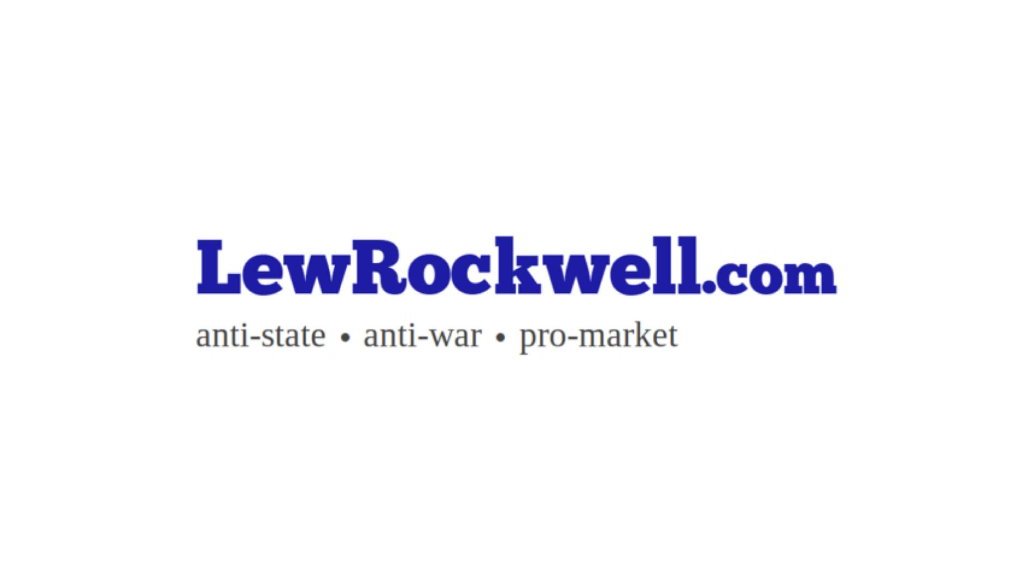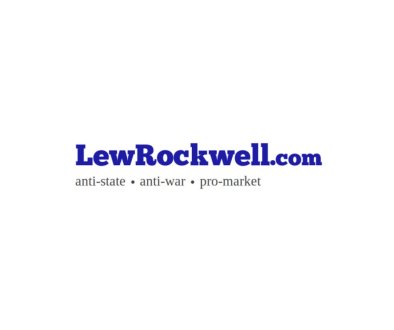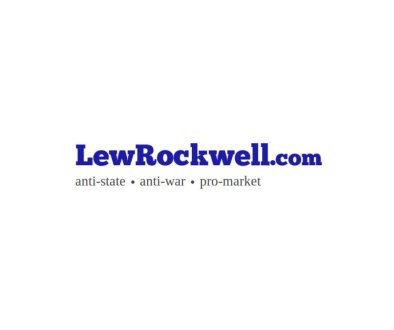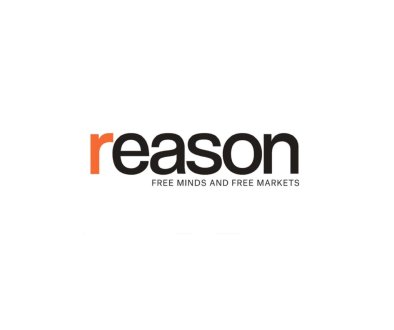Is Sound Money Politically Impossible?
Apparently sound money has no meaning for those controlling the money supply, which is purported to be in the hands of the Federal Open Market Committee (FOMC) of the Federal Reserve System. Sound money and states don’t get along, neither do sound money and banks. About the only people who would benefit from sound money are people who use it to buy groceries or pay for their kids’ education. And those who save for rainy days and expect it to be there and worth something when they need it.
But if we don’t have sound money what is it we’re using? It goes by the name of fiat money — paper or digits without economic value in themselves. Gold has various non-monetary uses, such as jewelry, technology and medicine. Fiat money? In some cases it’s been a source of poignant creativity. Photos from the German hyperinflation of 1923, such as a lady wearing a dress made from nearly worthless currency, entertains onlookers while trying to remind them of a tragedy. (At one point 4.2 trillion marks equaled one American dollar.) Insanity at this level is only possible when the state shows up with legal tender laws, thereby forcing market participants to accept its depreciating currency. If money holds the potential to control resources or acquire property, then fiat money, even if it loses value by the hour, qualifies as a medium of exchange.
Aside from occasional excesses such as in Weimar Germany, should we care whether money is sound or not? People who sit on the FOMC are well-qualified academically and many have banking and investment experience which in some cases is global. Surely they know what’s best for the economy and whether interest rates need adjusting — notwithstanding their Smith-Hayek “conceit” and generations of evidence to the contrary. In past years one of them has even been sympathetic to a gold standard — Alan Greenspan, author of the insightful 1966 article “Gold and Economic Freedom,” who served as Fed chairman from 1987 to 2006.
Greenspan, in fact, was more than sympathetic. In discussing the Fed’s monetary policy of the 1920s, he slammed the “paper reserves” the Fed used to augment gold deposits, which “nearly destroyed the economies of the world.” His article was brilliant and original in many respects, condemni
Article from LewRockwell

LewRockwell.com is a libertarian website that publishes articles, essays, and blog posts advocating for minimal government, free markets, and individual liberty. The site was founded by Lew Rockwell, an American libertarian political commentator, activist, and former congressional staffer. The website often features content that is critical of mainstream politics, state intervention, and foreign policy, among other topics. It is a platform frequently used to disseminate Austrian economics, a school of economic thought that is popular among some libertarians.




